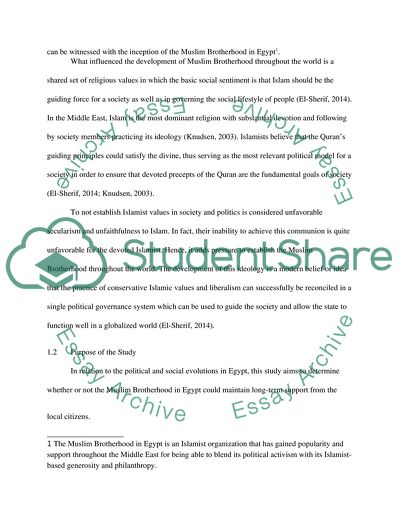Cite this document
(“The Future of Muslim Brotherhood Essay Example | Topics and Well Written Essays - 2000 words”, n.d.)
The Future of Muslim Brotherhood Essay Example | Topics and Well Written Essays - 2000 words. Retrieved from https://studentshare.org/social-science/1699702-the-future-of-muslim-brotherhood
The Future of Muslim Brotherhood Essay Example | Topics and Well Written Essays - 2000 words. Retrieved from https://studentshare.org/social-science/1699702-the-future-of-muslim-brotherhood
(The Future of Muslim Brotherhood Essay Example | Topics and Well Written Essays - 2000 Words)
The Future of Muslim Brotherhood Essay Example | Topics and Well Written Essays - 2000 Words. https://studentshare.org/social-science/1699702-the-future-of-muslim-brotherhood.
The Future of Muslim Brotherhood Essay Example | Topics and Well Written Essays - 2000 Words. https://studentshare.org/social-science/1699702-the-future-of-muslim-brotherhood.
“The Future of Muslim Brotherhood Essay Example | Topics and Well Written Essays - 2000 Words”, n.d. https://studentshare.org/social-science/1699702-the-future-of-muslim-brotherhood.


